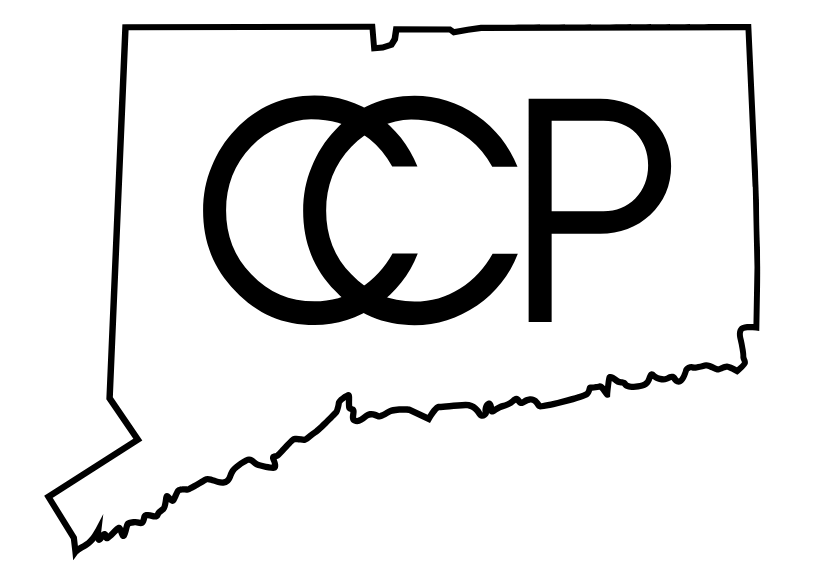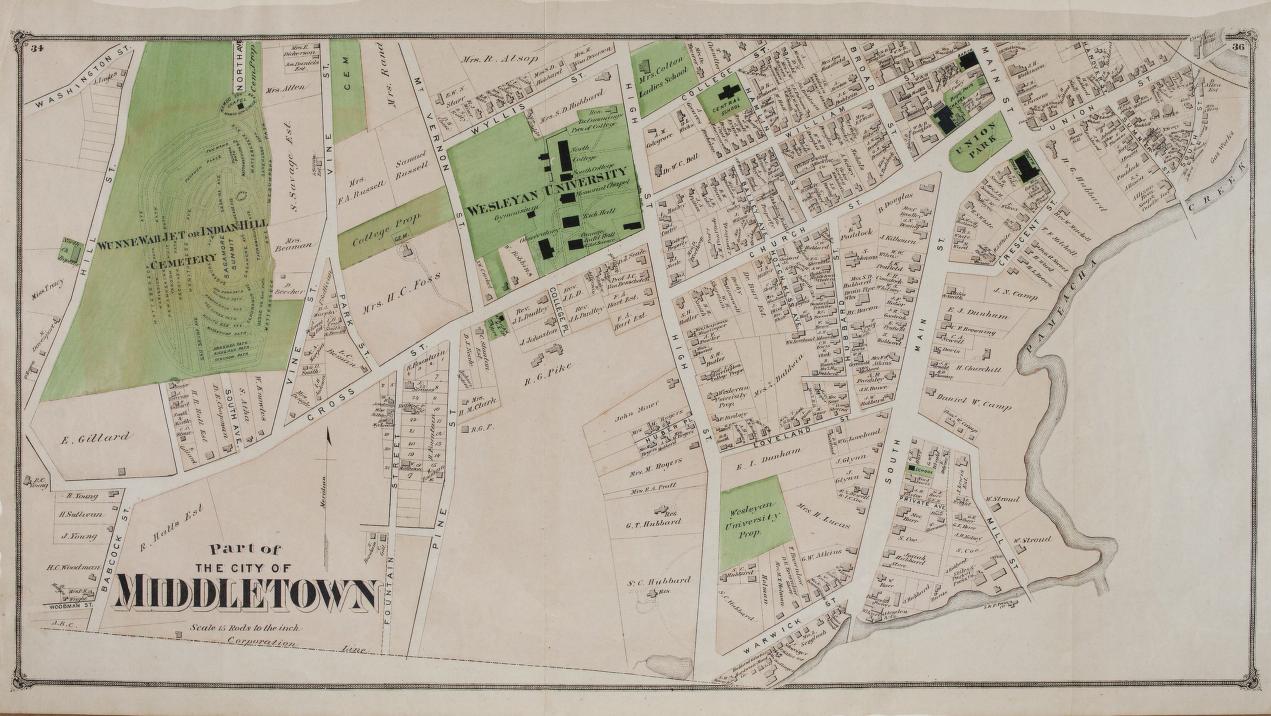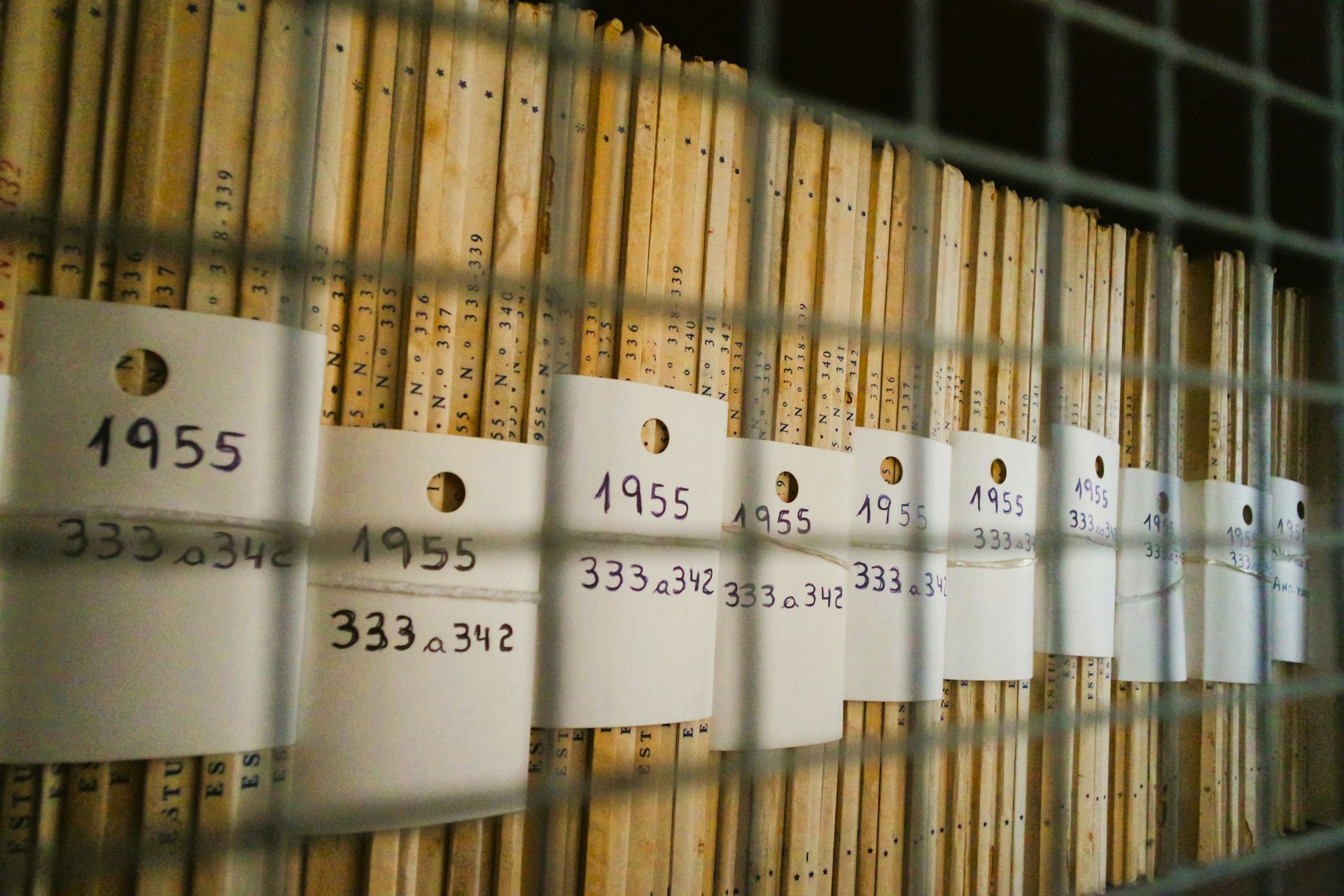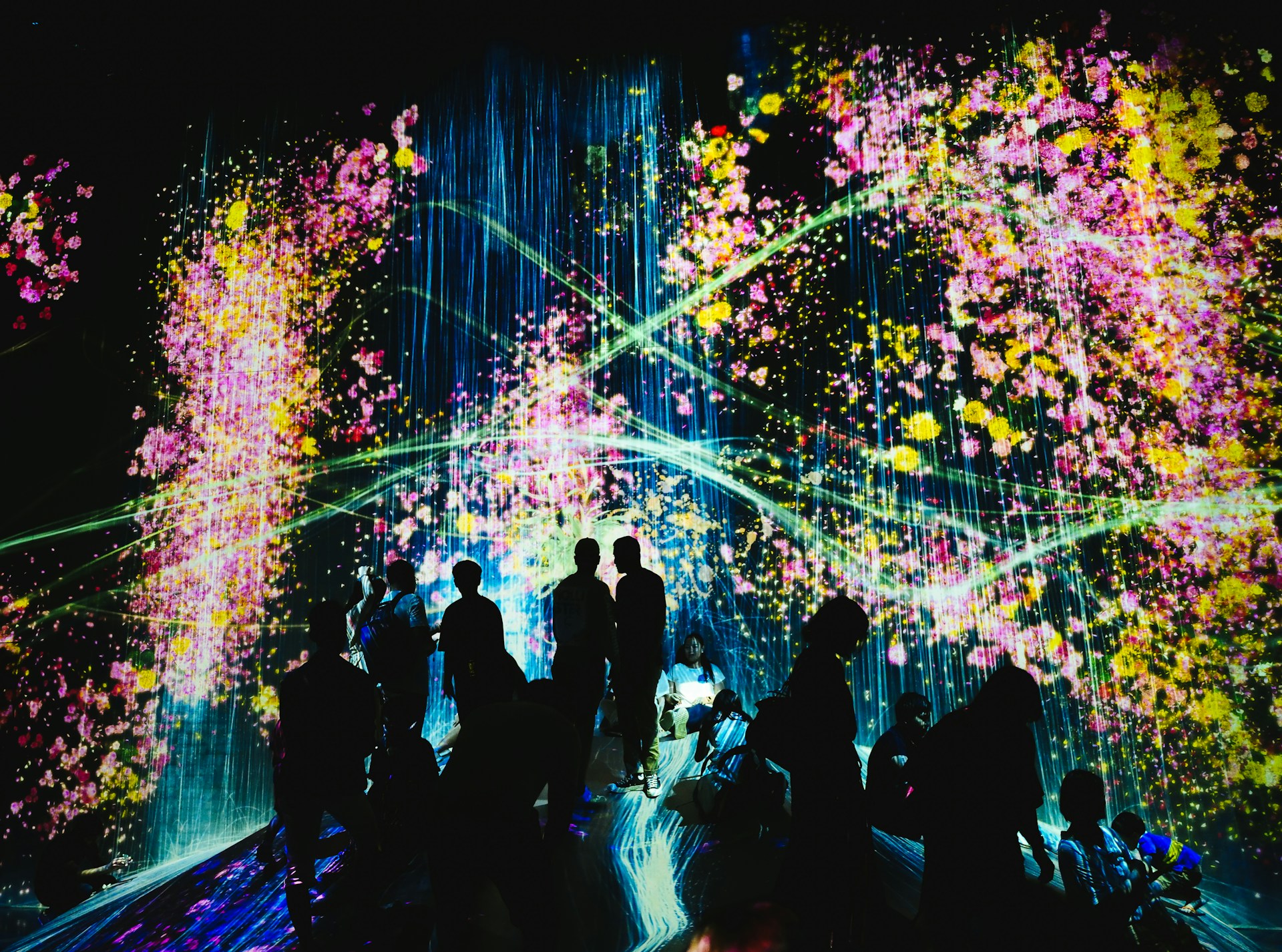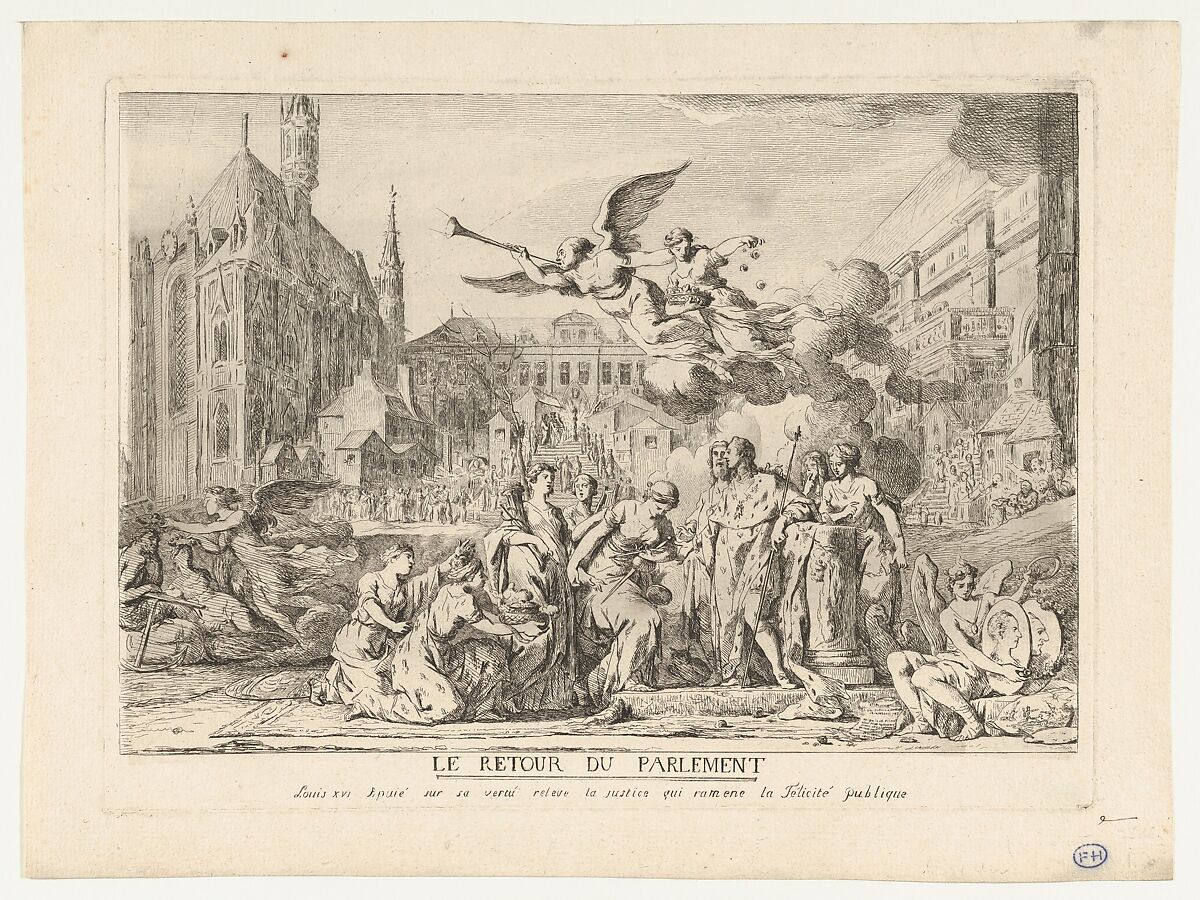
Political Theory and Transitional Justice
Transitional justice refers to the variety of legal, political, and social processes that occur as a society rebuilds after war; it includes war crimes trials, truth commissions, and the creation of memorials. Although the term "transitional justice" is a recent one, the philosophical issues contained within it are at the core of political philosophy.
